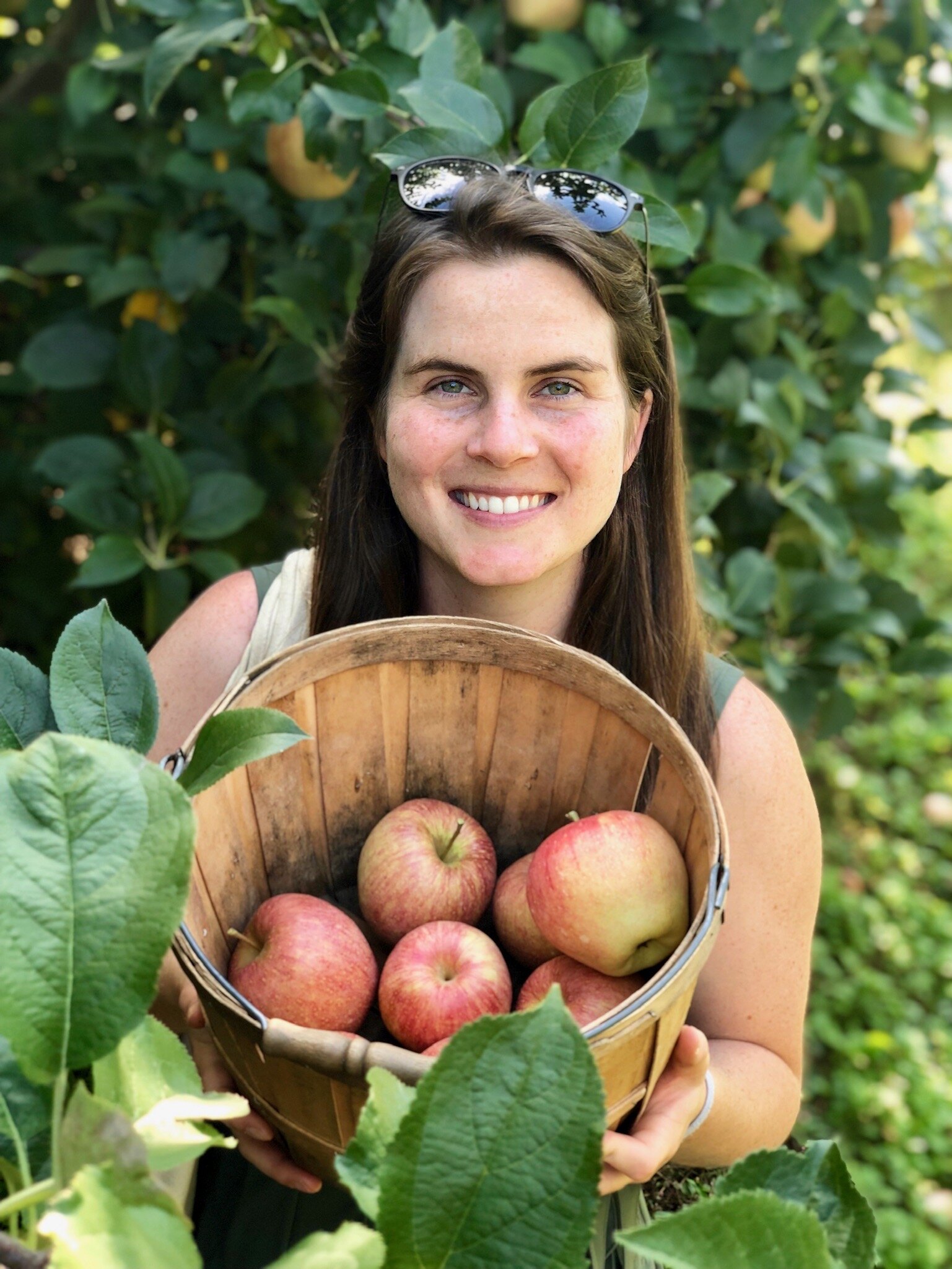NOTE: All illustrations and photos are original. If you’d like an accessible copy of this tool, please email hello@emmavendetta.com so I can send you the text version with image descriptions.
BACKGROUND
For our course entitled Diversity and Equity in Education (EDUC8040 if you’re at Vanderbilt University like we are) with the illustrious, brilliant Dr. McGee, we were tasked with designing our own final project assignment as a class. Our class decided the theme would be “Building Bridges,” meaning we would, individually in or pairs, consider some missing connection in our world, observed through our learnings in class, and design and describe a way we could contribute to closing that distance.
PURPOSE
The goal of this project is to think about, for ourselves and for other people in similar situations, how to bravely navigate difficult conversations with family over the winter holiday season. We know that we need to “get our own uncle,” and we want to purposefully plan to have difficult conversations with our families while also protecting self care and boundaries. White families are often white echo chambers. We purpose this project to help us build bridges with our families around topics of equity and diversity.
Emma Reimers
Department: Teaching and Learning
Program: Learning and Design
Research Key Terms: out-of-school learning, sound and music, placemaking, critical media literacy, historiography
Laura Fittz
Department: Teaching and Learning
Focus: Justice and Diversity in Education
Research Key Terms: critical race theory, student leadership, restorative justice
METHODS
We took our experiences with difficult conversations with family in the past and our learning from Dr. McGee’s EDUC 8040 class, and we paired them together to imagine: leverage the diverse voices, resources, and conversations we’ve had this semester to help us bravely navigate real-life scenarios with our families?
Working together, we created characters to represent caricatures of both people in our families as well as caricatures of people we’d imagine being at other family tables over the holidays. We then imagined the sort of conversations that would organically arise at those family tables, and we then imagined how the Bridge Builder would navigate these conversations.
You will notice that the Bridge Builder has just as many - if not more - questions than answers. We conceived our role in these conversations not to be as the “knowledge keeper,” but instead to be a facilitator of listening and learning.
To be clear, there is no hero or villain at our table. There are only people, who desire to approach each other with respect and love, who are flawed, and who are (in our scenarios) in need of a change of perspective. We hope every reader of this tool will see themselves reflected in ways that might be painful, comical, and hopeful.
We hope to be driven by love for our families and our BIPOC friends, a steadfast commitment to equity and justice, and grace for ourselves because we know we will not do this “right.” We come into these conversations prepared that we might disappoint our friends or our families, but we know the greatest disappointment would be to ourselves if we did not commit to try. So we plan to fail - to fail boldly, to reflect, and to get back up again and keep going.
To that end, we do not conceive of this project as a “last word” or as a “fix” for difficult holiday conversations. Instead, we hope that this is a useful beginning - for us and for others - to thinking about a) what brings each person to the table, b) how, as bridge builders, we can bring in diverse voices and perspectives to white echo chambers, and c) how we can love our families in brave ways to foster positive boundaries, grace, and long-term growth.






